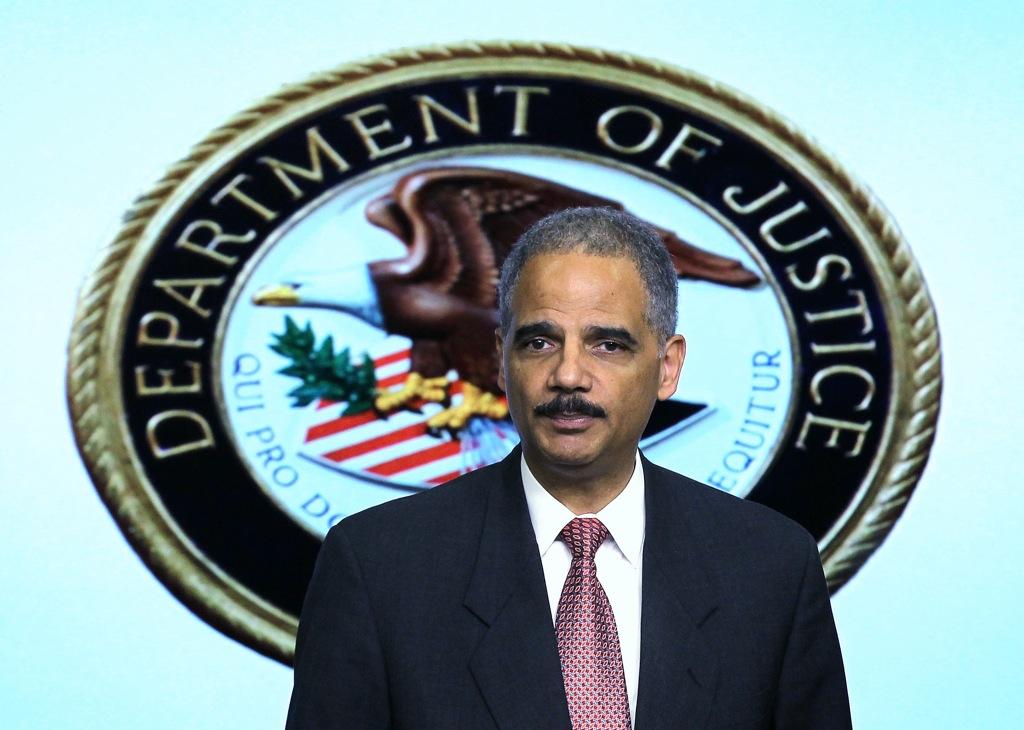Presidential pardons benefit whites more than minorities: report
U.S. Attorney General Eric Holder speaks during an event November 29, 2011, at the South Court Auditorium of the Eisenhower Executive Office Building of the White House in Washington, DC.
White criminals are four times more likely to be granted a presidential pardon than minorities, with blacks having the lowest chance of receiving executive clemency, according to previously unreleased data obtained by ProPublica.
Using public records requests and accessing available government data, ProPublica obtained the names of individuals who were denied and granted pardons during George W. Bush’s two-term presidency.
A total of 189 individuals were granted pardons while 1,729 petitioners were denied, according to their analysis. Out of the 189 Bush pardoned from 2001 to 2008, 13 were minorities: seven went to blacks, four to Hispanics, one to a Native American and one to an Asian.
The racial disparity “is very troubling to me and will be to [Bush], because we had no idea of the race of any applicant,” Fred Fielding, Bush’s former White House council, told ProPublica. "The names were colorblind to us," Fielding said, "and we assumed they would be at all levels of clemency review."
The Office of the Pardon Attorney’s review process is conducted almost entirely in secrecy and is given “wide latitude to apply subjective standards,” ProPublica reported.
More from GlobalPost: House votes to honor first black Marines
Bush and current US President Barack Obama rely almost entirely on the pardon office’s recommendations of each applicant. Obama has pardoned 22 criminals so far, two of them minorities.
The Office of the Pardon Attorney said they grant pardons "on the basis of the petitioner's demonstrated good conduct for a substantial period of time after conviction and service of sentence," according to the ProPublica report.
Factors such as the criminal’s reputation in the community, character, financial and employment stability are also considered, according to the pardon office.
More from GlobalPost: Sydney schoolboy bashed for being Muslim
However, race played a “strong influence” for a criminal’s likelihood of getting a pardon, ProPublica wrote:
“The ProPublica data show that applicants whose offense was older than 20 years had the best odds of a pardon. Married people, those who received probation rather than prison time, and financially stable applicants also fared better. When the effects of those factors and others were controlled using statistical methods, however, race emerged as one of the strongest predictors of a pardon.”
